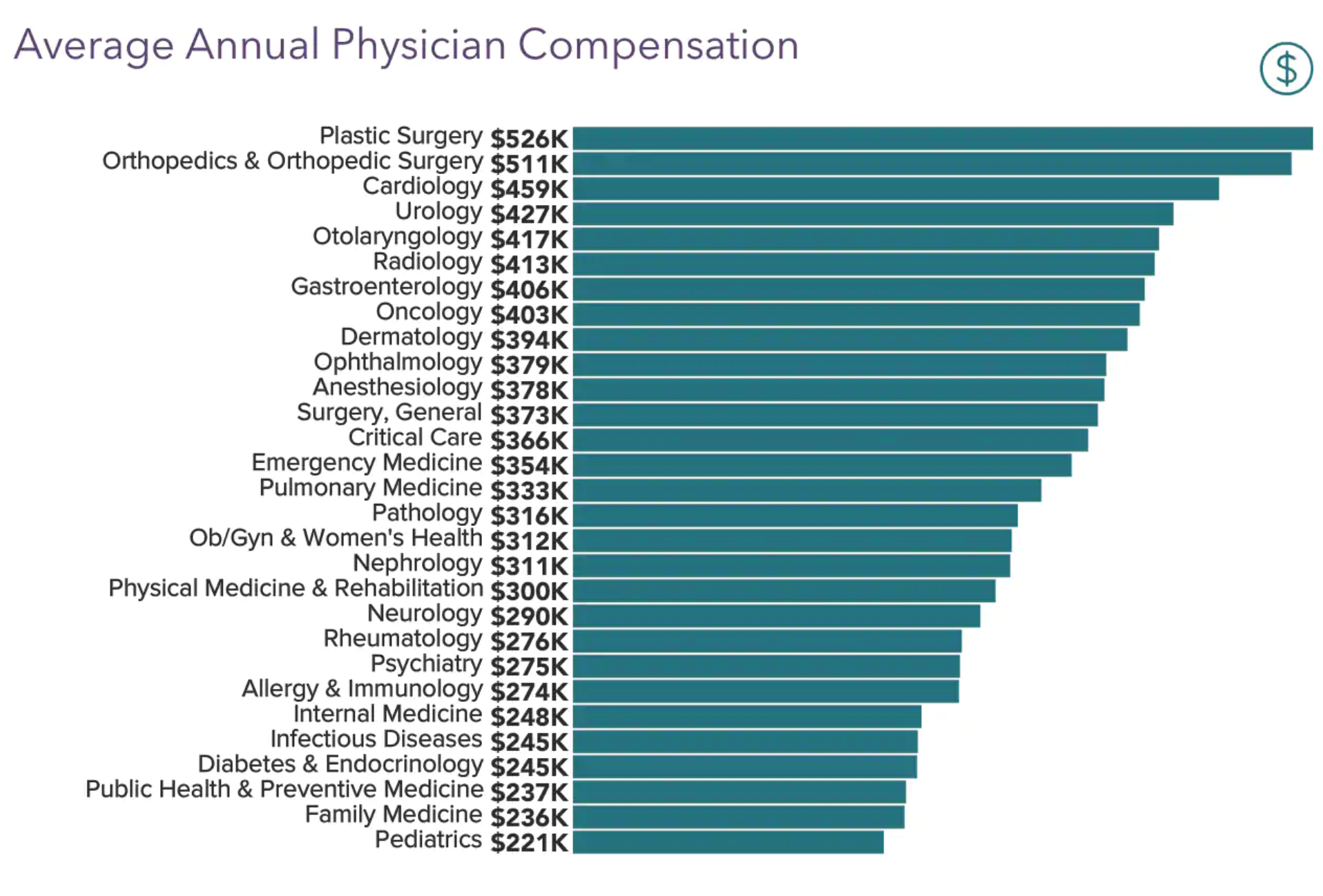I decided that I was going to medical school when I was fourteen. I was going to complete my schooling, go straight into medical school, do my internship at some big fancy hospital, save a lot of lives, and then train as a psychiatrist.
I checked off the first two. And then medical school was happened and completely messed up my plans.
Expectation: I can use the same study techniques I used in high school.
If I’m being honest, I coasted through high school. Then I almost flunked the first semester because I assumed I could do the same thing. Med school is hard, not only because it’s complex, but because there’s a lot of it to learn. Instead of having discrete subjects with set deadlines and small classes, medicine is a huge volume of material, the only deadline is the exam, and the classes are made up of hundreds of people.
I had to teach myself how to study for the first time. I wasn’t the only one.
Expectation: I don’t need to learn anatomy/biology/pharmacology because I’m going into (insert specialty here)!
It’s easy to say that we don’t need to know this because we’re going into this specialty, or that specialty. But take the example of an elderly gentleman with hypertension. We can’t look at it solely from a physiological point of view because that misses the pharmacological management. If we choose to treat our patient with a beta-blocker, we need to remember to ask our patient about a past history of asthma. The patient may have an inherent mistrust of doctors because he feels that they missed his wife’s ovarian cancer three decades ago – how do you communicate the importance of managing his blood pressure without dismissing his previous experiences?
No area of medicine exists in a vacuum. Most of what they teach in medical school, they teach it for a reason. There’s a lot of it, but we still need to learn it, no matter what we choose to specialize in.
Expectation: It’ll be just like Grey’s Anatomy!
It’s not. I met one person that good looking in my medical school days, he was married, and there were definitely no elevator dalliances. In fact, I’m pretty sure he didn’t learn my name… but that is entirely beside the point. The wards are not an episode of Grey’s Anatomy, where strange diseases run rife, junior doctors drink all night and then work all day, and no one ever seems to do that much paperwork.
As soon as we hit clinical medicine, we learn to do paperwork. If we party all night, we’re not safe to practice during the day. Doctors don’t use elevators – they take the stairs, it’s quicker. And trust me, the stairways are not ideal for mid-round throwdowns.

Expectation: it’s all about saving lives!
No one saves lives in the first year of med school. Before we can learn to save lives, we have to learn the physiology, anatomy, biology, and psychology of the human body. We can’t diagnose without understanding how everything works. No one becomes a doctor by merely entering medical school. It takes years to even feel remotely doctor-ish. And I’m two years out of med school, and I still haven’t saved a life.
Expectation: I can survive without sleep/I can do it all!
I tried really hard for years to ‘do it all’. Work after university. Study after work. Socialise. Do all the things. But if I didn’t sleep, I couldn’t go to university because I couldn’t function. If I didn’t work, I couldn’t socialize because no money. I went to the gym instead of class because I needed to be healthy.
Yes, one can do it all. But not all at once. A lot of people need to work to afford med school – I did. But plan your time and have reasonable expectations. If you need sleep, don’t hit that party tonight. Try and schedule work hours in such a way to leave time for studying. Make getting to class a priority. Don’t try and be everything to everyone all the time. Self-care is important.
So, medical school didn’t meet my expectations. But it was still pretty incredible – and it taught me that maybe, what I had wanted wasn’t really what I wanted for my life.